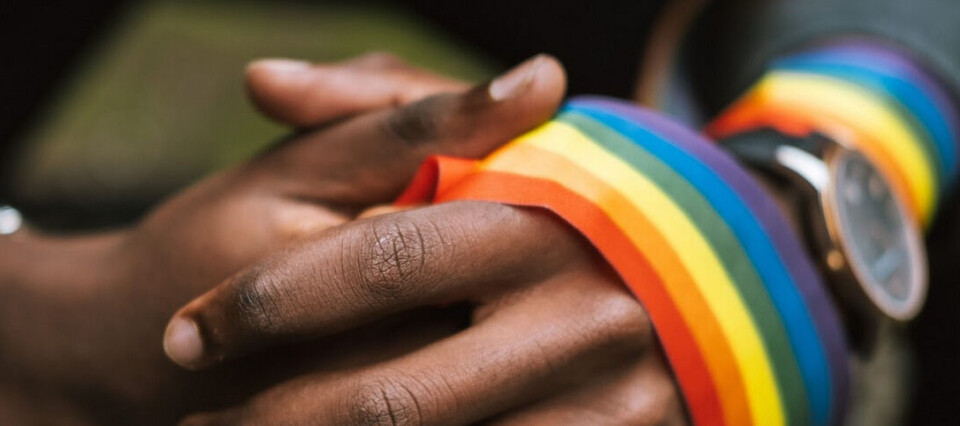The statement from IBAHRI co-chairs Anne Ramberg Dr Jur hc and Mark Stephens CBE notes that “Parliamentary amendments to the legislation on 2 May 2023 have not averted the disastrous effects that this law will have on the fundamental rights of lesbian, gay, bisexual, transgender, questioning (or queer) and intersex plus (LGBTQI+) persons and their communities in Uganda, including, inter alia, the rights to life, privacy, equality and non-discrimination. Criminalisation operates to exclude those impacted in fulfilling their role in society.”
“The censorship of LGBTQI+ rights is not a new trend,” says Joyce Karanja, Diversity and Inclusion Officer of the IBA African Regional Forum and Head of Bowmans’ competition practice in Nairobi in an article on IBAnet. She cites colonial-era penal codes as the reason for the criminalisation of LGBTQI+ lifestyles, but says that many view anti-LGBTQI+ legislation as an attempt by governments to divert attention from other issues they may be facing.
The medical fraternity and human rights organisations are concerned that the number of HIV infections in Uganda will increase radically as vulnerable people stay away from treatment centres because they’re afraid of being identified and arrested under the new laws.
Same-sex relations were already illegal in Uganda, but the new law levies harsher penalties for LGBTQ people. Under Uganda’s Anti-Homosexuality Act, 2023, anyone convicted of homosexuality can be sentenced to life in prison, while "aggravated homosexuality", including the transmission of HIV, is punishable by death. The amended version of the Act signed by Museveni didn't criminalise merely identifying as LGBTQ, as a previous version did, and revised a measure that required people to report gay activity to only oblige reporting when a child is involved. Anyone convicted of “attempted aggravated homosexuality” can be imprisoned for up to 14 years.
“The Act represents an unacceptable intrusion into the private lives of consenting adults,” says the IBAHRI statement. “Consensual adult relations should never be criminalised. Furthermore, the Act retains the death penalty for ‘aggravated homosexuality’ (Section 3), the definition of which includes ‘serial offender[s]’ and where ‘the person against whom the offence is committed is a person with disability’. International law is emphatic that the death penalty, to the extent it is permitted, may only be imposed for the most serious crimes involving intentional killing. As highlighted by the UN Human Rights Committee, ‘under no circumstances can the death penalty ever be applied as a sanction against conduct the very criminalisation of which violates the Covenant’, including homosexuality.”
Meanwhile, Uganda gay activists have filed a petition in the Constitutional Court, challenging the new anti-homosexuality law. In their statement, the IBAHRI co-chairs said, “We call on the Constitutional Court to uphold Uganda’s human rights obligations under, inter alia, the International Covenant on Civil and Political Rights (ICCPR) and the African Charter on Human and Peoples' Rights by invalidating the law.”
In May 2010, IBAHRI passed the Resolution on Sexual Orientation and Human Rights. The Resolution recognises that discrimination against anybody on the grounds of their sexual orientation and gender identity is contrary to fundamental principles of human rights.
Homosexuality is currently criminalised in more than 30 of Africa’s 54 countries.
To join Africa Legal's mailing list please click here

